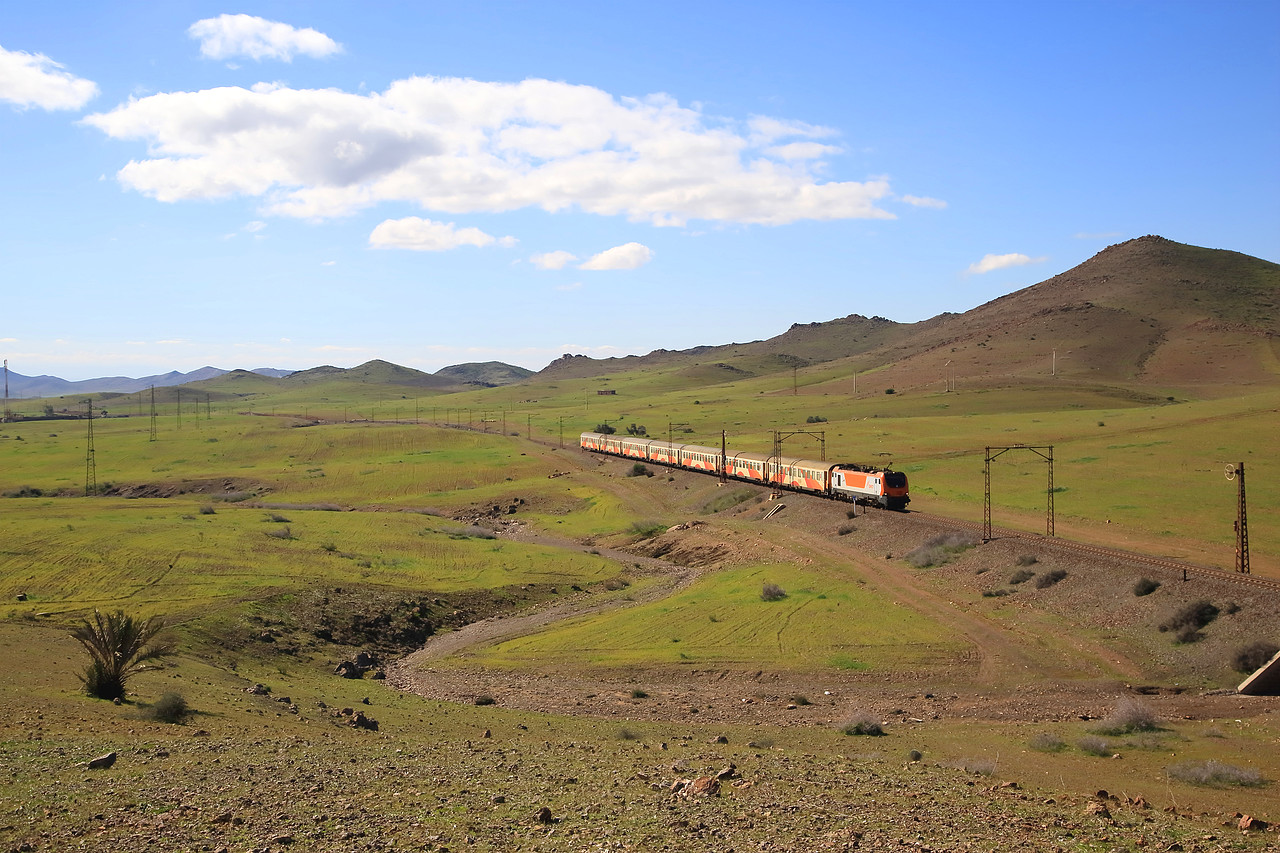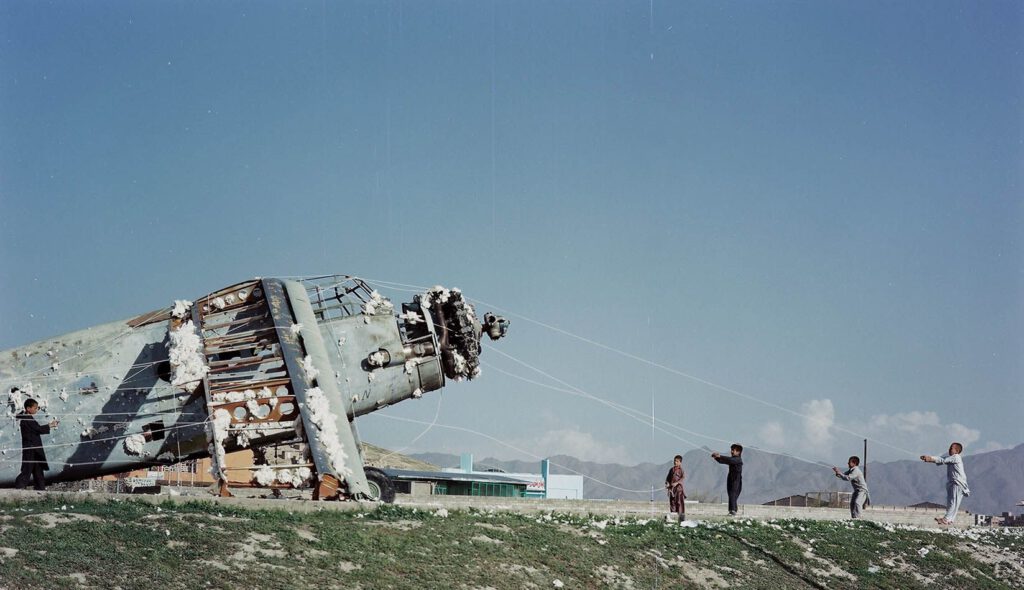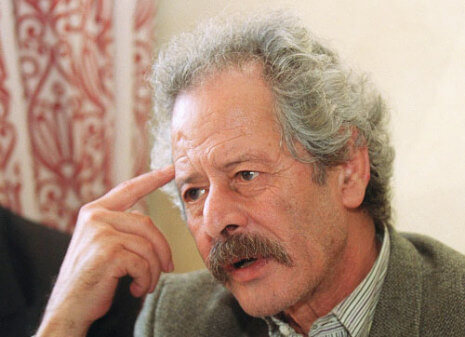Is there any corner of Africa quite the equal of the Barbary Coast – what the modern world knows as Morocco? Its northern shore, a rocky buttress ‘gainst the turquoise tide of the Mediterranean. Where Punic and Roman ruins sit astride the bluffs and valleys. Where the High Atlas shelter the Amazigh, the Berbers, once known to the West as Moors. Whose breadbasket plains gaze westward across the Atlantic from the minarets of Arab cities. Whose grand markets are laid like some end-times feast of destiny. And where the sands of the Sahara lap and whisper at the back door. It is grandeur, power – and, yes, story – that dwarf the imagination. Across this epic landscape my wife, Mary Kay, and I set out one winter day in 2015.
The southbound train from Rabat to Marrakech follows the coast toward Casablanca, passing whitewashed towers beside groves of citrus and palm trees. To the east, beyond grain fields, lay the distant ranges of the Atlas. We had settled ourselves with grateful ‘salaams’ in a compartment of eight passengers for a four-hour ride to visit kin in Marrakech. The rhythm of the rails never fails to break down social reserve, and a gentleman of Savile Row demeanor asked about the reasons for our visit and about the place we called home. By turn, we learned that he had retired from a career as a Boeing 747 pilot for Royal Air Maroc Airlines. He knew the corners and culverts of the major airhubs of the world, including our hometown, Atlanta. ‘Well-traveled’ would have seemed a paltry description.

In time, the give and take turned to the travails of the Arab world: the agonies of Syria, the dashed hopes of the Arab Spring, the plight of the war-weary, the disenfranchised and the poor. All this the pilot and fellow travelers recited as worry beads even as we sympathized. But then the pilot took up a particular grievance. He recalled a day when three Israeli teenagers had been abducted on the West Bank and were later found murdered. The crime had met with outrage in the West, landing on page-one of major newspapers like the New York Times. This triggered the Gaza War of 2014, a seven-week conflict resulting in thousands of casualties, mostly Palestinian. ‘Where was the outrage of the West when Gaza’s young people and children were lost in the bombing campaign?’ he demanded to know. ‘Are the lives of our innocents not equally worthy of outrage and headlines in the West?’ It felt like the pilot had landed a jumbo jet on the short runway of our awareness.
By now we were no longer a company of eight. The tattoo of this lesson being delivered to two Western visitors had attracted a crowd, many standing three-deep in the hallway. Pleasantries had somehow veered off course and taken on the proportions of a stern and passionate heads-up. This encounter, though unexpected, schooled us in the perspective of an Arab world that rarely gets a chance to sit with westerners on a train. It has more often met the West in the clipped language of courtesies, or worse, across steel and barbed wire. Our journey at an end, the pilot and our fellow travelers took leave of us with embraces and blessings for peace.
So, to the grandeur of the Barbary Coast, to the brilliance of Marrakech’s fabled markets, has been added a worthy, if somber, strand of story. One we carry with us still, set as it is midst majestic surroundings to the rhythm of a train.



Beautifully written, Jonathan.
Rra Diane, you never cease to amaze me with your storytelling, captivating descriptions of your travels around the world. A great narrative here about the shared perspectives, or should I say the lesson western citizens got from the misrepresented Arab? Dumedisa ba ntlu ya gago botlhe, Ntate. Kagiso ya Modimo ke eo!
Hello, Joanna! Always prowling for the poetry hidden in every story. Thanks for stopping by the site!
Mong a mme, o a nkgothatsa! Yes, travels will temper the mind and heart. As the Tswana proverb says, ‘Fa e tlhodile molapo, ga e tlhole e le tlou. Ke tlotswana.’
As I imagine the tension in the cabin as you heard the outcry of these folks who felt so persecuted and misunderstood, I was glad it was you and Mary, whom I admire so much and have sometimes envied for your deep wisdom, patience, and articulateness, who were able to empathize with these new friends and create lasting bonds of comradery in a complicated world. You also instilled a strong desire to see these places. Thank you.
Hello, Henry and all! It would have been a great pleasure to travel these storied places in your company! Saddle up with your kin – the rewards await!